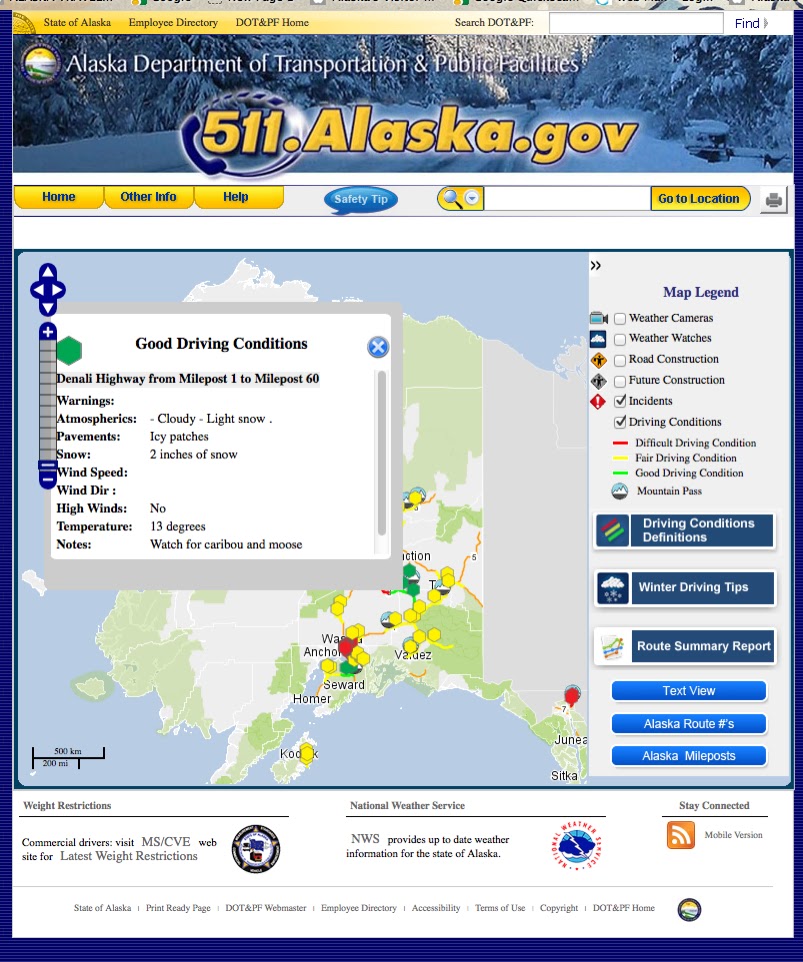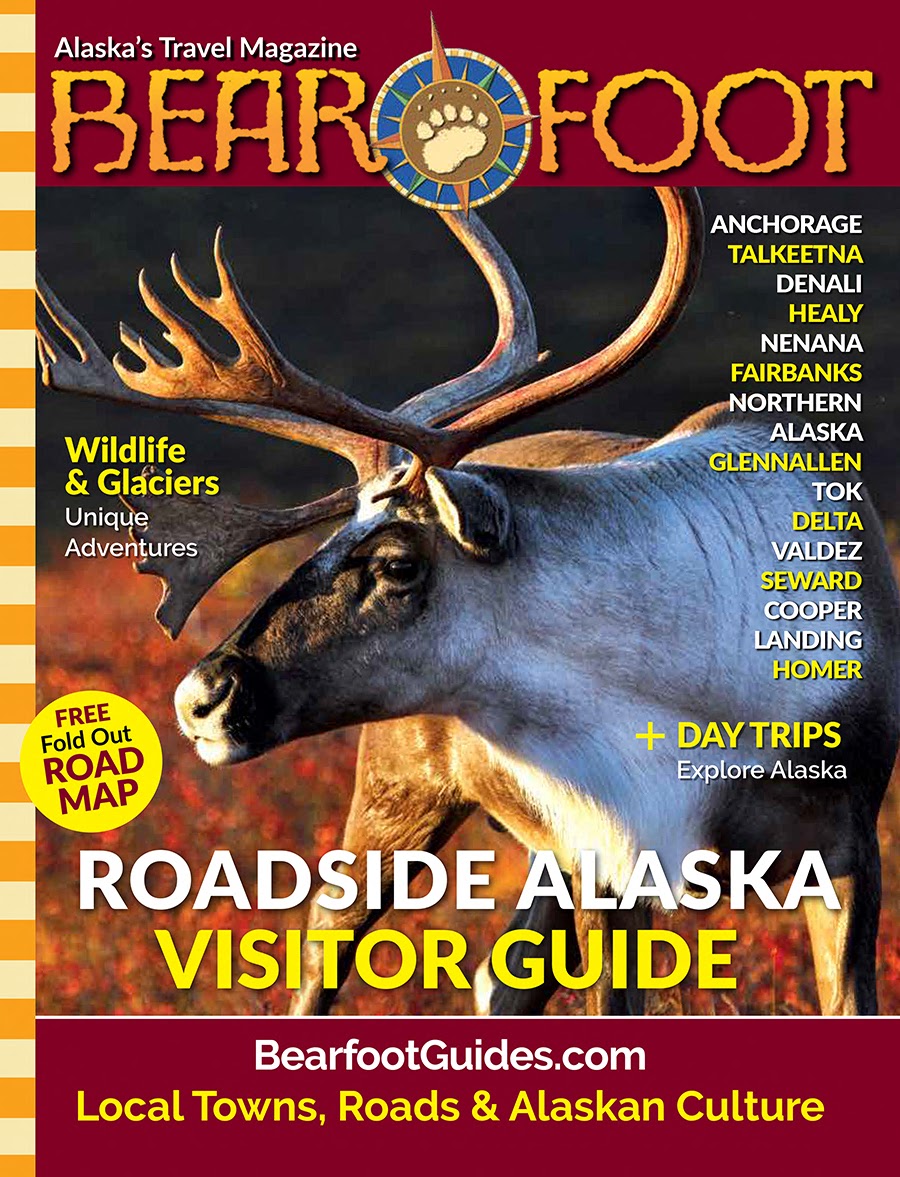Local People Are Dying During The Pandemic, And We Don't Even Know It
ESSAY (Photo, Country Journal) As People Die Neighbors Are Unaware This Is Not "The Copper River Way" This is a difficult ti...
https://www.countryjournal2020.com/2021/10/local-people-are-dying-during-pandemic.html
ESSAY
 |
| (Photo, Country Journal) |
As People Die
Neighbors Are Unaware
This Is Not "The Copper River Way"
This is a difficult time for the Copper River Valley. When we need it most, the safety net of "community" has collapsed. The friendly relationships people once had with those who live nearby, or even 30 miles away, are fading. Recently an increasingly large number of local people are rumored to have died.This is when we need each other most. Yet we’ve had a breakdown of the most basic sense of community.
Why is this happening? What has changed? Is it the chaos of the pandemic? Or is it something else?
Ultimately, there's Covid, of course. But the alienation and weakened response of the region goes beyond that. Over many years there's been a tearing of the fabric of the community. Much of that is due to lost lodges, closed schools and poor public safety outreach.
It's not deliberate. But it hasn't been easy understanding what's going on as we fall to the slow decay of our already meager infrastructure.
In this desperate time, there is no system left. For the last year, even when people die of natural causes, their neighbors who might have known them for over 20 or 30 years are sometimes the last to find out. And are horrified at the breakdown of information and their unwitting inability to have tried to help when moral support was needed the most.
The region is full of rumors when somebody dies. But some people aren't on the rumor circuit. Besides, unsubstantiated rumors are not a good way to honor your friend's life and your relationship and memories.
Normal and predictable responses to someone's passing, including funerals, and even basic obituaries, are going by the wayside.
As another bleak season approaches in this pandemic, the people of the region who are sick or grieving are frequently alone and unsupported in the growing darkness of a Covid winter.
And this is as we have suddenly begun to die from illness, and from the ravages of drug abuse.
When somebody dies nowadays – even somebody who lived only a mile away on one of our empty roads – it's a very real possibility that you won't hear about it for weeks.
This is a profoundly disturbing reality that isn't happening just here, but in other small communities in Alaska as well.
In the not so distant past, it was practically impossible not to know your roadside neighbors. And it was literally impossible to not know somebody had just died. But that was then. This is now.
Know Thy Neighbor
Today, people come and go along the roads or into the IGA in Glennallen often without mutual acknowledgment or recognition of who is in the passing cars or in the next aisle. It hasn't always been like this. Basic Copper Valley courtesy required a nod, a wave, or a brief conversation.
Anonymity takes its toll. It makes life less human and even more dangerous than it already is in this wild and untamed part of Alaska. And, even if you don't mean it to, it leads to what appears to be a lack of caring in the face of death.
It's not as if the region is now so "safe" that you can seriously believe we live in a cocoon and don't need neighbors, relationships or assistance. This is not a safe place and never has been.
One of the facts of Copper Valley life is that it's wild and deadly. It was dangerous in the past, and nothing has changed. It's still just as dangerous today. Drop your cell phone in the snow or river, and you've entered the Twilight Zone. You're instantly back ten thousand years, catapulted into the same unforgiving world that followed the Ice Age.
Dangerous Place
Decades of tragedy once steeled many Copper Valley people to the inherent dangers of where we live. Stay here long enough, and you'll have seen it all:
Whole families of local children, one pair after another, have died in car wrecks. Young men died in plane crashes, or drowned in lakes when their planes sank. People die in boating accidents. You can die by falling off a horse into a river. Our neighbors have died in house fires. They have died after falling through frozen ponds, or crossing streams, or by sinking into winter water holes. In all these cases, many knew the families, and the victims. And, as a people, we knew that it was our duty to immediately come forward and offer support and care in a time of need. And also to try to find a way to prevent such things from occurring in the future.
When deaths have occurred over the years, it's your friends and neighbors who rally to give you the very human outreach you require so much. Deaths in the Copper Valley are felt just as strongly by neighbors as by family members, who grieve along with the survivors. Which makes the lack of information that a death has even occurred, involving a friend you have known for decades, even harder to bear.
Like Wildfire
Typically, the fact of a tragedy once spread like wildfire through the Copper Valley.
In those days, although we lived far apart on the roads as we do now, we knew each other. We cared for each other. The desire to help was strong and sincere. To try to keep terrible things from happening in our unforgiving environment, and to be able to keep each other alive, at any one time over 70 local people were fully registered EMTs.
They were just moms and dads, scattered throughout the valley. Yet they were ready to subject themselves to intensive, hours-long rescue courses. They were ready to hurtle out of their cabins at a moment's notice to rush to assist their neighbors.
But now, when we need help the most, the entire social structure of the region has collapsed; sunken into the permafrost swamps of the tundra.
One of the issues, of course, is the pandemic. It leads to forced isolation. But there are other issues, too, that have been a long time coming: an unraveling of the safety net that required us to know each other and that's now tied to a lack of coordinated infrastructure, and a loss of traditional meeting places.
The core meeting locations of our communities – where diverse people of all kinds could gather on common ground – have collapsed. There were two primary spots in many communities where everyone gathered, outside of the churches.
These were the lodges and the elementary schools.
Lost Lodges: Lighthouses of The Roads
In the past, lodges and roadhouses formed the nexus where people met, and reinforced their bonds. But the lodges, one by one, have disappeared. And with every lodge burning down or closing up, one more place to join together and forge friendships has been stripped away, adding to the sense of alienation.
Lodges offered a haven. Back in the days of the Gold Rush and afterward, lodges provided a safety net. They were a place to stay in blizzards. Lodges were staging areas for rescues.
More recently, lodge owners at Meiers Lake, Paxson, Tolsona, Lake Louise, and Eureka (to name only a few) rescued local people and outsiders on a regular basis. Not because they were paid to do it. But because it's what lodges did. They were the lighthouses of the lonely Alaska roads.
Yet, the lodges are disappearing. The number of lodges that have succumbed to fire is stunning: Chistochina Lodge, Summit Lake Lodge, Sourdough Lodge, Mendeltna Lodge, the Glenn Rich, Copper Center Lodge...
Every one of these was a gathering point. This is what made the loss of Tazlina Trading Post so tragic when it burned down last winter. These places are more than places to buy things or to drop in for a meal.
They're community centers, and losing them is a staggering blow to the surrounding area, which uses the lodges and stores to touch base, to develop relationships, to forge alliances and friendships.
But you don't have to watch a lodge burn to lose it. Even the most humble roadhouses and stores had their purpose, including Duffy's Roadhouse, Mentasta Lodge, Copper River Cash, the Stop & Shop Store at Gakona Junction and Paxson Lodge... all of which have closed for various reasons.
Every business along Alaska's roads, no matter how ordinary it may seem, adds to a sense of community.
Downfall Of The Elementary Schools
The downfall of the small local elementary school is another tragic loss. For years, people would gather regularly at the schools. Schools and lodges: that's what made your town and settlement uniquely yours. The schools were there as you grew your family. There, too, you met your neighbors and strengthened your attachments to those around you, and your sense of duty for their welfare.
And then, many of these key, vital schools closed:
Gakona School, Chistochina School, Nelchina School – even Copper Center School.
Today, there are only three major schools left, drawing students from distant places: Slana, Kenny Lake and Glennallen schools.
The small feeder schools that have collapsed served a major social purpose. They did far more than provide young children with an education close to home. They cemented community bonds as strongly as the lodges did.
The very fact of having a school in your adjacent community – along with a functioning, year-round roadhouse – provided places to get to know each other, no matter your culture, religion or politics. They allowed a mutual commitment to each others' safety and a respect and understanding of other nearby families' situations and needs.
You'd go to the schools regularly, as a community, even if you didn't have children. You'd go for small sporting events, evening volleyball, Boy Scouts, school plays, craft fairs and Christmas events. You'd meet other families there. And renew your commitments.
Trooper Reports: As If It Never Even Happens
Compounding everything today is the secretiveness of Alaska's statewide Troopers. In the past, before there was rapid technology, when Trooper reports rattled into Trooper offices all over Alaska on paper-fed machines, there were many reports. The "Trooper Report" was a primary way of getting reliable information out to the public: information that literally contributed to our "public safety."
Today, you can go through an entire week without a single report on anything happening in the Copper Valley. Often there are only five or six official reports overall – from the entire Alaska road system – on any given day.
There's a very real sense that nothing is going on. That Troopers are not doing anything. And that you, the public, do not need to know about accidents, tragedies, or deaths.
A Human Need
The people who died in the past were our friends. And when they died, we knew it. This knowledge allowed us to give true consolation to others in an important, very human time of need. Something that today is so difficult to muster.
Today, local people are left confused and unhappy as they face a future with few normal responses to death left available to them. This makes it doubly hard to face the dangerous challenges of our times, even in the tiny settlements of the Copper Valley.
And even as Covid, drugs and the inherent dangers of a wild and frozen land try to drag us down. Hoping we won't notice.
TO HONOR SOMEBODY...
WRITE TO Linda.ncountry@gci.net
OR CALL: 320-1145
From Gakona:
“Its a small community and we’re left out. It’s not right. They need to be remembered. Somehow, someway.”
“Its a small community and we’re left out. It’s not right. They need to be remembered. Somehow, someway.”
















